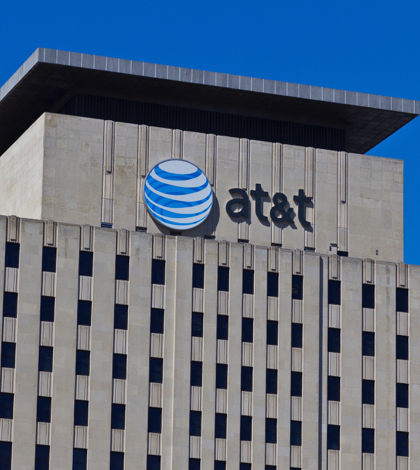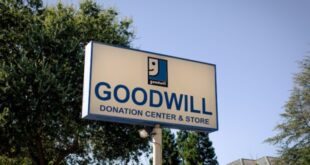AT&T’s proposed purchase of Time Warner Inc. for $85.4 billion isn’t likely to have much of an impact on the Inland Empire if it’s ultimately approved by federal regulators, one of the region’s preeminent economists said Monday.
Mergers of any companies, especially two of such size and scope, usually lead to streamlining and some job losses, but that probably won’t happen in this case, said Chris Thornberg, director of the Center for Economic Forecasting at the UC Riverside School of Business Administration.
“I don’t see it happening because I don’t see a lot of overlap between the two of them,” said Thornberg, founder of Beacon Economics, a Los Angeles-based consulting firm. “I don’t even see it as a concentration of too much power.
“Mainly I see it as two very different companies trying to get together, and if it happens it’s not going to do anyone any good.”
The proposed mega-merger has prompted criticism since it was announced Saturday. Republican presidential nominee Donald Trump called the proposal “too much power in the hands of … the powerful few” and said he would not approve it if he were president.
Democratic vice presidential candidate Time Kaine also expressed concerns about the proposal, and shares of Time Warner – which owns CNN, HBO and Warner Bros. – and AT&T stock were down this afternoon.
The latter shows that Wall Street investors aren’t convinced the acquisition – which must be approved by several U.S. regulators, including the Federal Trade Commission – will even happen, a skepticism that might be justified.
“It seems like these deals never end up being exactly what both sides want them to be,” Thornberg said.
 IE Business Daily Business news for the Inland Empire.
IE Business Daily Business news for the Inland Empire.


